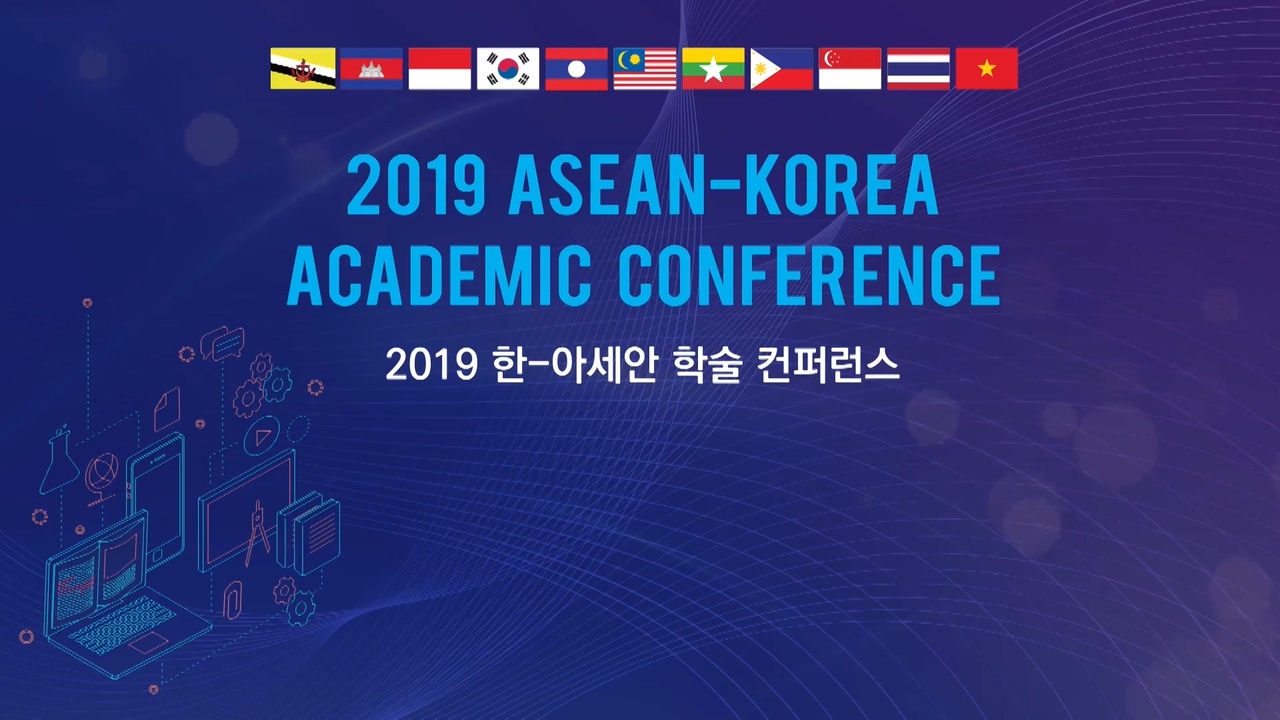Intercultural Communicative English Language Teaching: Addressing the Changing Landscape of Korean Classrooms2019 ACU e-learning Conference

"Intercultural communicative competence (ICC) is seen as one of the key competencies in the 21st century (UNESCO, 2013), so one of the ultimate goals in English language training programs is to educate learners to become intercultural speakers who can deal with linguistic and cultural complexity and take part in multicultural situations (Tran & Seepho, 2016). However, the integration of intercultural content into English language education is still ignored in the Korean context. Within the current context of globalization, the issue of delivering ICC through Intercultural Communicative Language Teaching (ICLT) approach for learners has been identified as one of the ultimate goals in the field of English language education (Byram, 1997; Deardoff, 2009; Fantini, 2000; Lázár et al., 2007 in Tran and Seepho, 2016). English language education should equip learners with the knowledge of intercultural communication and the ability to use it effectively in order to bridge cultural differences and achieve more harmonious and productive relations (Samovar, Porter, & McDaniel, 2012 in Tran and Seepho, 2016). Unfortunately, the reasons for the teachers exclusion of culture and intercultural communication in English language education are: more interest in the practical aspects of communication” (Onalan, 2005, p. 217 in Tran & Seepho, 2016); not enough time to talk about cultural elements due to a demanding curriculum (Gonen & Saglam, 2012; Hong, 2008 in Tran & Seepho, 2016); the lack of adequate training on how to incorporate culture in the teaching practices as well as how to measure learners’ IC and changes in their attitudes as a result of culture teaching (Gonen & Saglam, 2012 in Tran & Seepho, 2016) With the constant rise of ASEAN international students in Korean universities in the past couple of years (“ASEAN Students in Korea: By Visa Type and Nationality (2018),” 2018), it is imperative that professors in Korean universities are introduced to Intercultural Communicative Competence (ICC) so as to refine their teaching approach to Intercultural Communicative English Language Teaching (ICELT) in order to address the changing landscape of a Korean university (ESL/EFL) classroom."

Ratings and ReviewsPlease login to write
